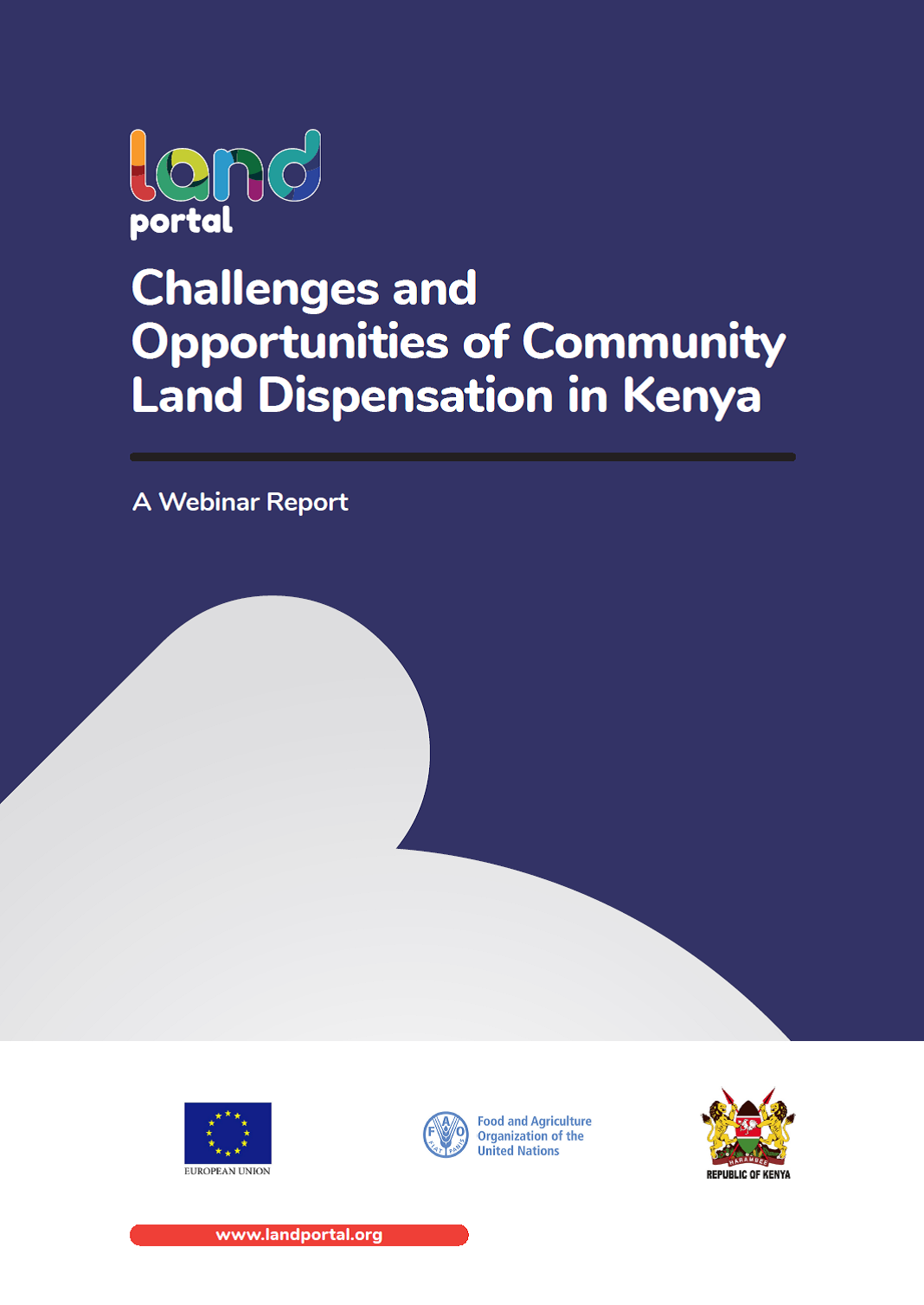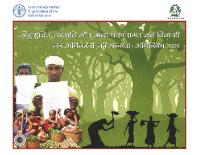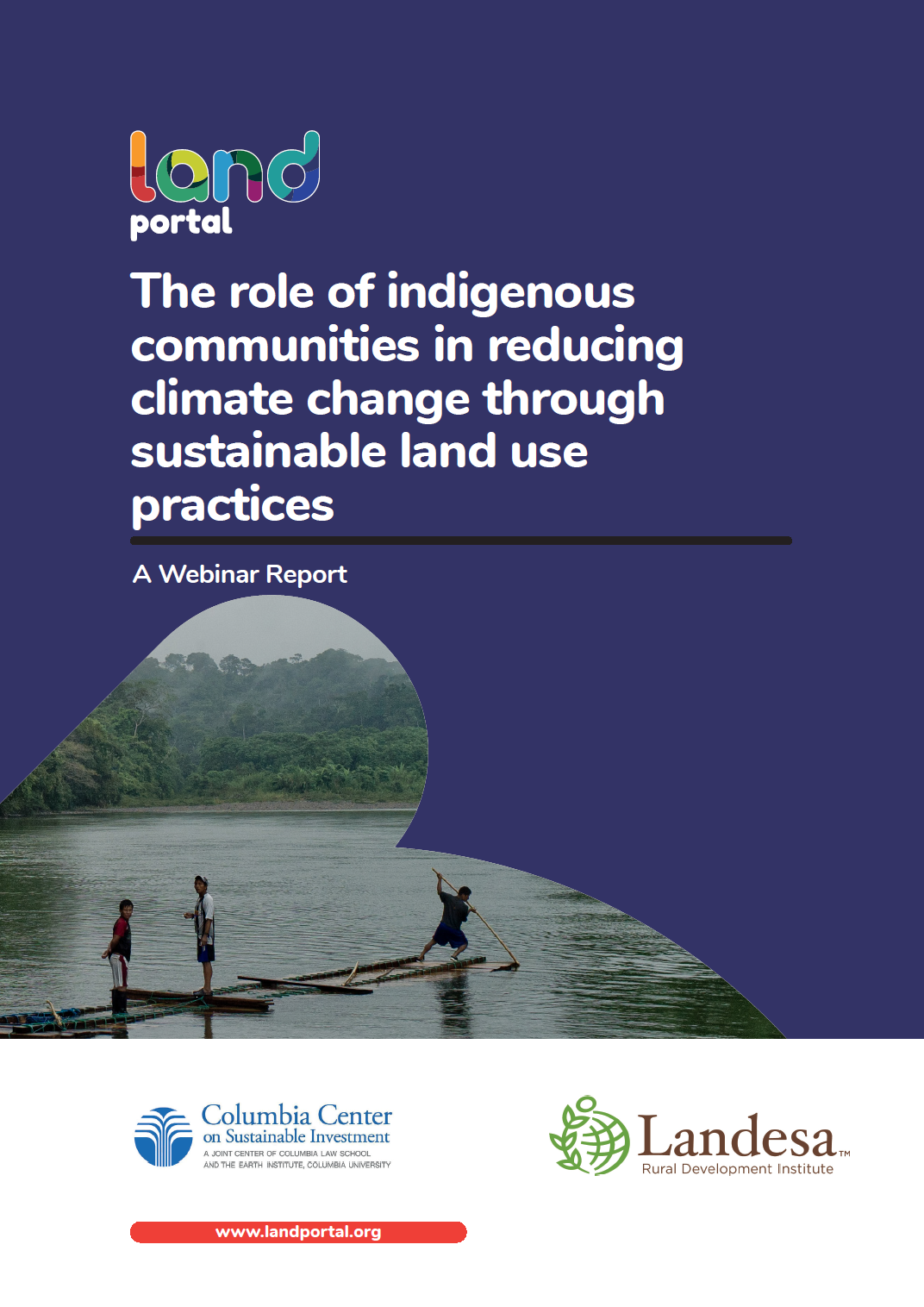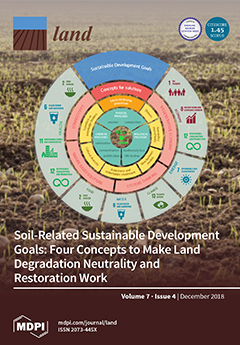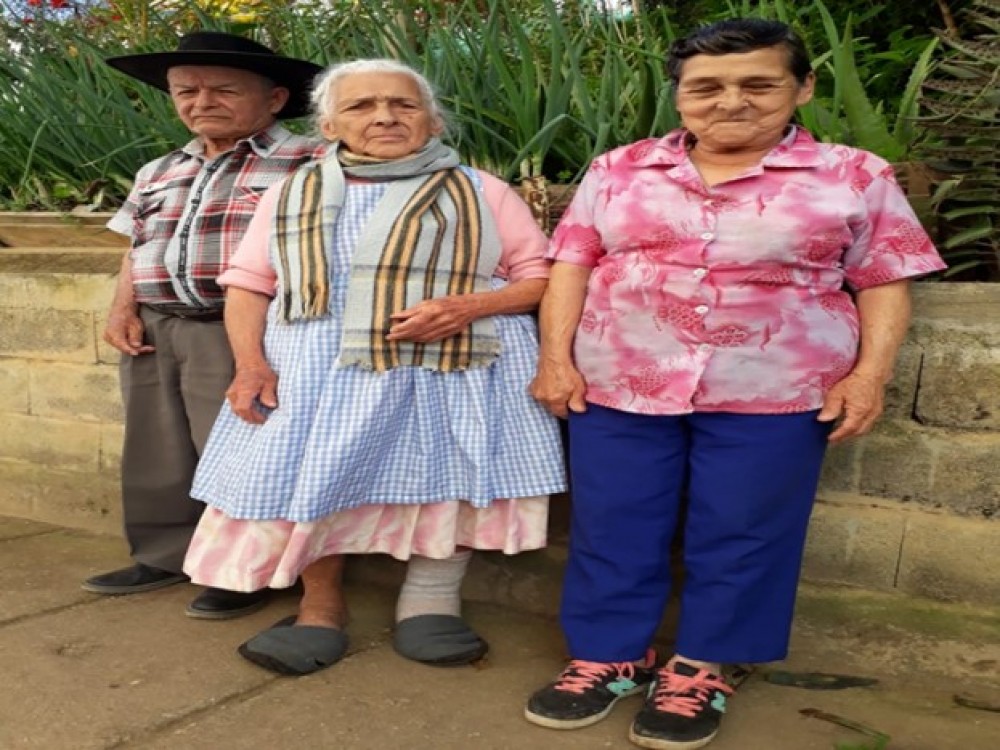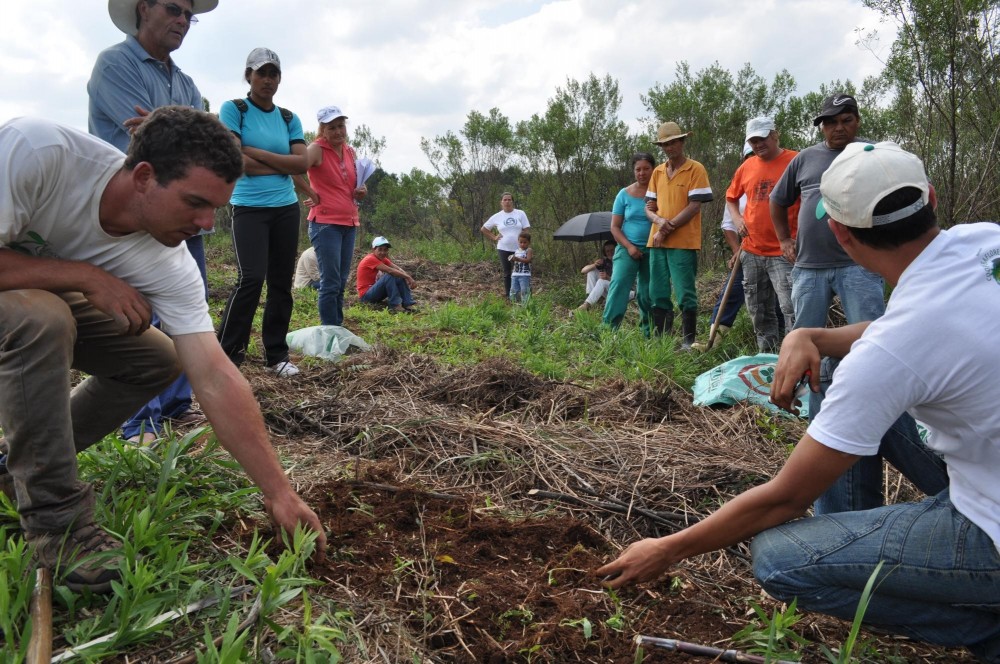Challenges and Opportunities of Community Land Dispensation in Kenya
The Community Land Act of 2016 provides a legal basis for protection, recognition and registration of community lands andhas provisions for management and administration of the land by the communities themselves. However, implementation of the act has been slower than anticipated. This is despite the current heightened investment interests in community lands for mega development projects.

